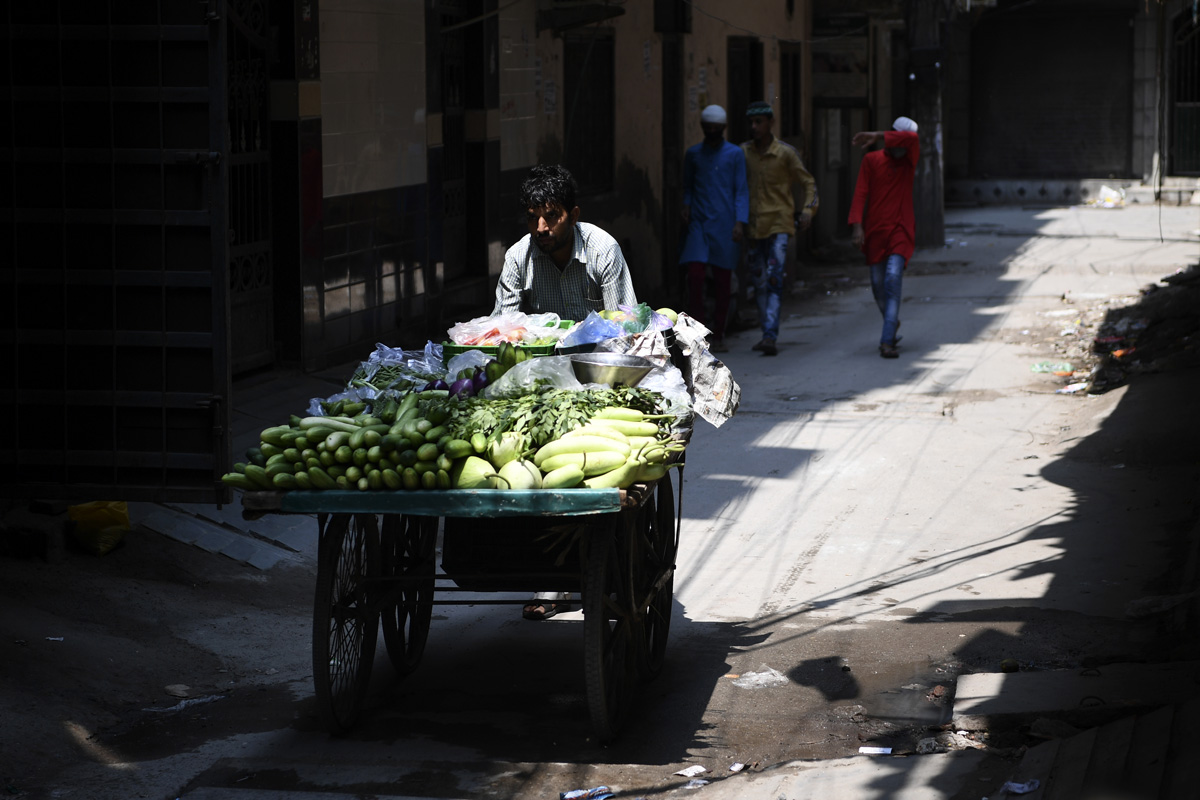A high base and an unseasonal drop in some food prices will push CPI inflation down to 4.0 per cent in April, Barclays said in a research report on Friday.
According to the report, Core inflation will stay elevated, and rising commodity prices globally may pose some challenges in coming months.
Advertisement
The CPI inflation data for April is expected to be released by the statistics ministry on May 12.
“We expect CPI inflation to fall to 4.04 per cent y/y in April, below the January low and down from 5.5 per cent in March. The drop in inflation will be driven primarily by two factors – a high base owing to last year’s pandemic-related lockdown, and an unseasonal fall in some food prices,” Barclays said.
This year, despite the new restrictions, supply chains have not broken down to the same extent as 2020 and hence the effect on perishable prices has been opposite, with reduced traffic in stores causing prices to fall.
Looking at the details, the investment banker said it expect food prices to rise 0.1 per cent m/m, which is significantly below the seasonal trend typically seen in the lean season before sowing.
Prices for cereals, vegetables and dairy products remain in check and are offsetting the increase in prices of non-perishable items, such as cooking oil, pulses and prepared foods.
Still there is a limit to how much perishable prices can fall, and the unusually low prices could pose upside risks to food inflation in H2 21. Overall, we forecast food prices will rise 1.8 per cent y/y in April, the research report said.
Among other sub components, fuel costs likely declined modestly in April, but may rebound in May, as prices have started to rise following the completion of recent regional elections.
Barclays has forecast core inflation will ease to 5.4 per cent, from 5.7 per cent in March. In addition to increases in the education and healthcare components, the expectation is that rising gold prices to add to upward pressure on m/m momentum.
We believe concerns over the increase in core WPI inflation are overblown and expect the pass- through from higher commodity prices to be limited by weak underlying demand, the report said.
Research by the RBI also suggests that the rise in core WPI inflation will pass through only to core goods CPI inflation (22.0 per cent weight in CPI basket) and will amount to just 20bp for every 100bp rise in core WPI in the current environment.











